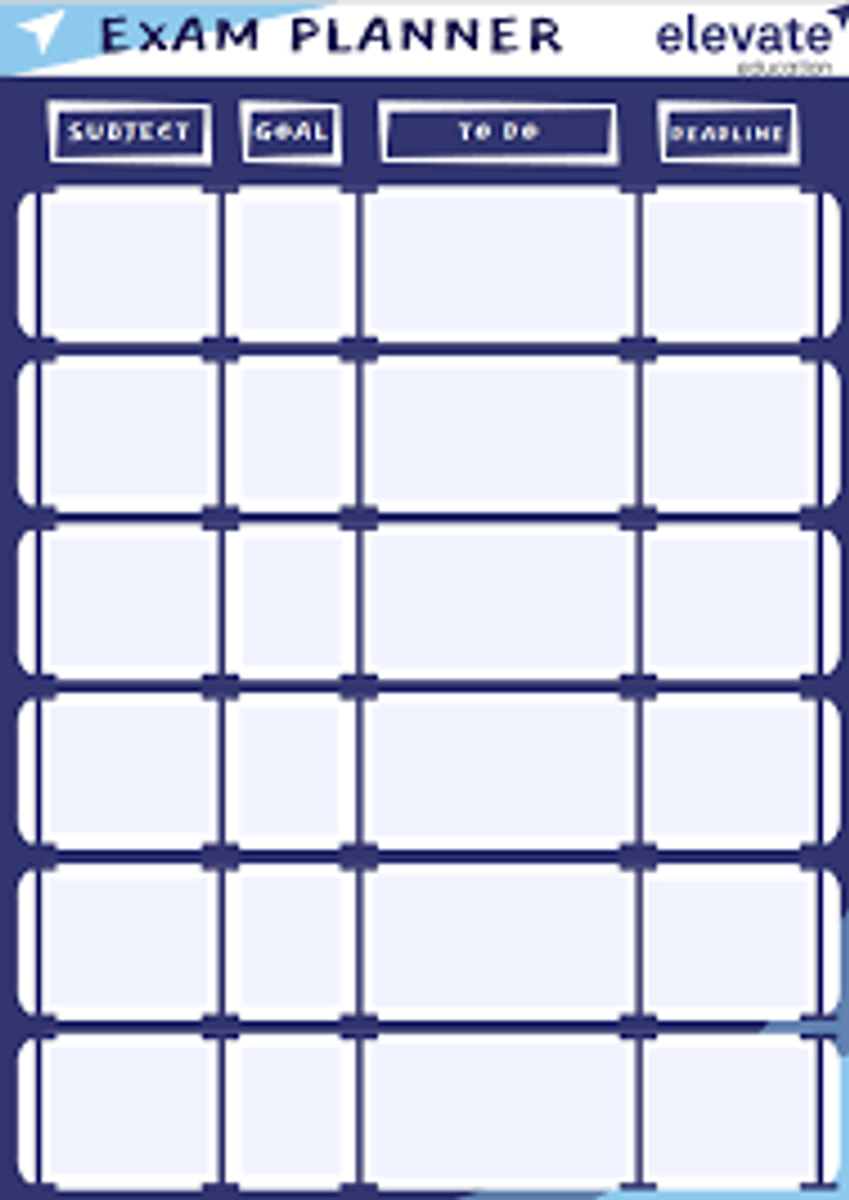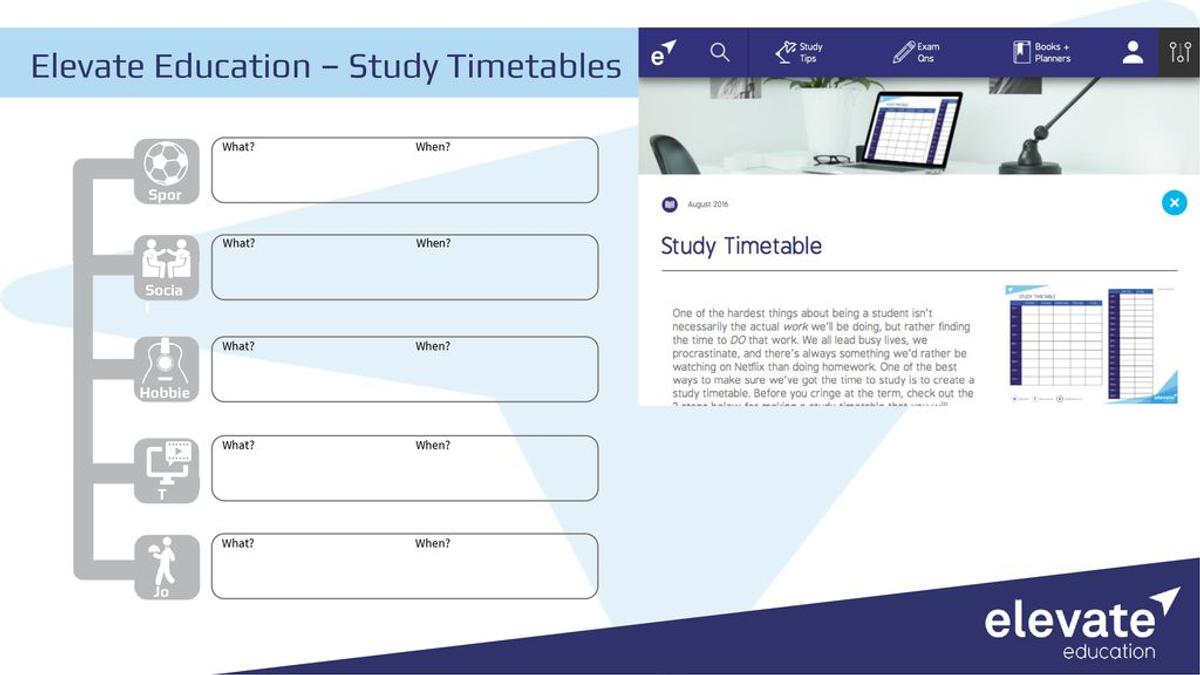From the Head of Senior School

This term, I have had the pleasure of being back in a classroom teaching Year 7 mathematics. My love of teaching mathematics did not come naturally. When I was at school, I struggled with learning, and mathematics was not my strength. However, during my secondary schooling, I was fortunate to have a mathematics teacher who was patient and helped me learn. This nurturing gave me the confidence to continue my studies and face my fears of mathematics by adopting a growth mindset of a hunger to learn. Before my career as a scientist, I was fortunate to have a wonderful mentor while studying for my B-TEC National Certificate in Science. My mentor encouraged me to take the bold step of applying to study for a degree in Applied Physics with Microelectronics and Computing, which springboarded my career as a scientist for the Ministry of Defence in the UK. I will always be forever grateful to that lady who had faith in me, and I have never looked back. All students have different abilities in the classroom, but as teachers, we recognise and foster every individual's growth, no matter how small.
Image sources:
https://c2.staticflickr.com/2/1094/1345111490_1119d916e9_b.jpg
https://c1.staticflickr.com/3/2930/14313115194_aa28179dbc_b.jpg
Mathematics is a subject that is usually loved or hated. Parents sometimes mention their positive or negative experiences from when they were a child learning mathematics. There are numerous research articles on parent anxiety with maths and how it affects their children's performance. For many students, mathematics is more than just a chore. It is a source of gut-wrenching stress and constant dread that is to be avoided at all costs. As a parent, you can help your child reduce their anxiety. Think critically about your relationship with mathematics. The more aware you are of your anxieties or misgivings, the less likely you will pass these on to your child. If your child does suffer from maths anxiety, there are some ways you can support your child which are summarised below:
- Encourage your child to participate in as many mathematics-related activities around the home (e.g., cooking, shopping, timetabling). Make it as fun and relevant as possible.
- Consider how to improve your own mathematical ability. Research the internet and look at the fun ways students learn about mathematics. You might be surprised by how well you 'get' it or the opportunities for your learning!
- Research online mathematics programs that will engage your child with interactive activities while allowing you to monitor their progress.
- Speak to your child's teacher about how you can help reduce mathematics anxiety. Communicate with your child's teacher if you notice the anxiety increases around specific topics, especially with homework or assessment tasks.
- Alter the language used around mathematics at home. Avoid making self-defeating comments about the subject.
- Encourage and adopt a 'failure-as-enhancing' mindset rather than a 'failure-as-debilitating' mindset with your child.
- Celebrate the small wins to improve your child's confidence.
- Encourage your child to attend the after-school help sessions as these usually have much smaller numbers of students, and it will encourage your child to be more willing to ask questions.
- Start with building confidence by promoting risk-taking, failing, making mistakes, and adopting a Growth Mindset.
Image sources:
https://www.youcubed.org/resource/posters/
Last week's Parent-Teacher Interviews were conducted for all students in Senior School. The evening was busy, allowing parents to discuss their child's progress and strategies to assist with their learning. Both floors of the Naunton Family Building were busy with the chatter of teachers, parents, and students discussing their Semester One examination results, their child's work ethic, suggestions on ways to improve individual assessment results, including strategies to improve their performance in future assessments. If you could not speak with your child's teachers at the Parent-Teacher Interviews, we encourage you to contact them to arrange a mutually convenient time.
During week three's Motivate session, Year 12 students took part in a seminar to help them prepare for their final examinations. Facilitated by Elevate Australia, they provide high-impact seminars and workshops to help students improve their study techniques, increase motivation, build confidence, and lift exam performance. The skills presented included seven steps for preparation excellence as summarised below:
- Allow sufficient time to prepare for exams.
- Completing past papers on the topics that most challenge the student.
- Seeking teacher advice and feedback after a SAC.
- Using your peers to learn how a question was answered and working together in study groups.
- Fixing mistakes made in assessments by seeking advice or checking why the mistake was made.
- Setting up an examination planner for each subject that lists goals and deadlines.
- Completing practice papers provided by the teacher.
Sources:
https://slideplayer.com/slide/14230815/87/images/5/Elevate+Education+%E2%80%93+Study+Timetables.jpg
Research shows that most students prepare for exams in an unstructured manner, which results in students leaving the highest value work until too late. Using an exam planner allows the student to map out precisely what needs to be done in preparation for exams and split that preparation into specific tasks, with deadlines assigned to each task to ensure everything gets done on time.
Ms Dawn Davis
Head of Senior School





